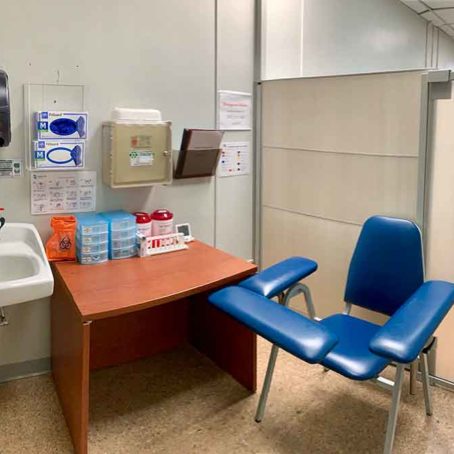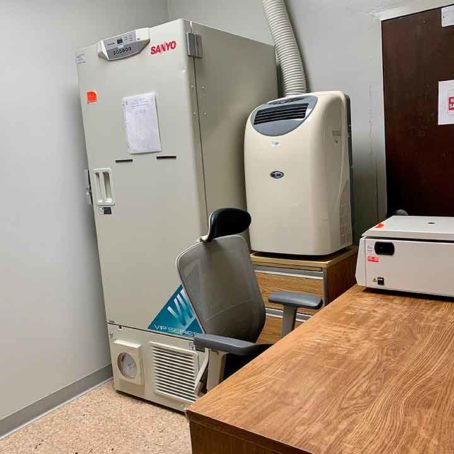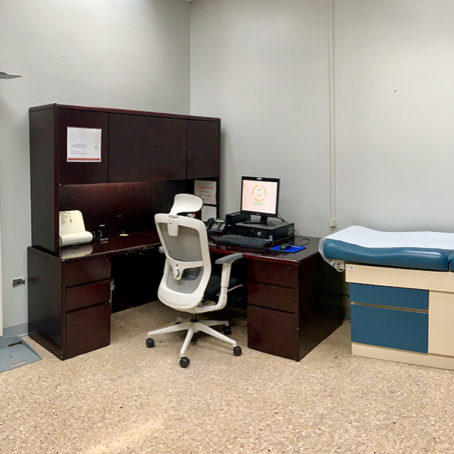Research Development and Infrastructure
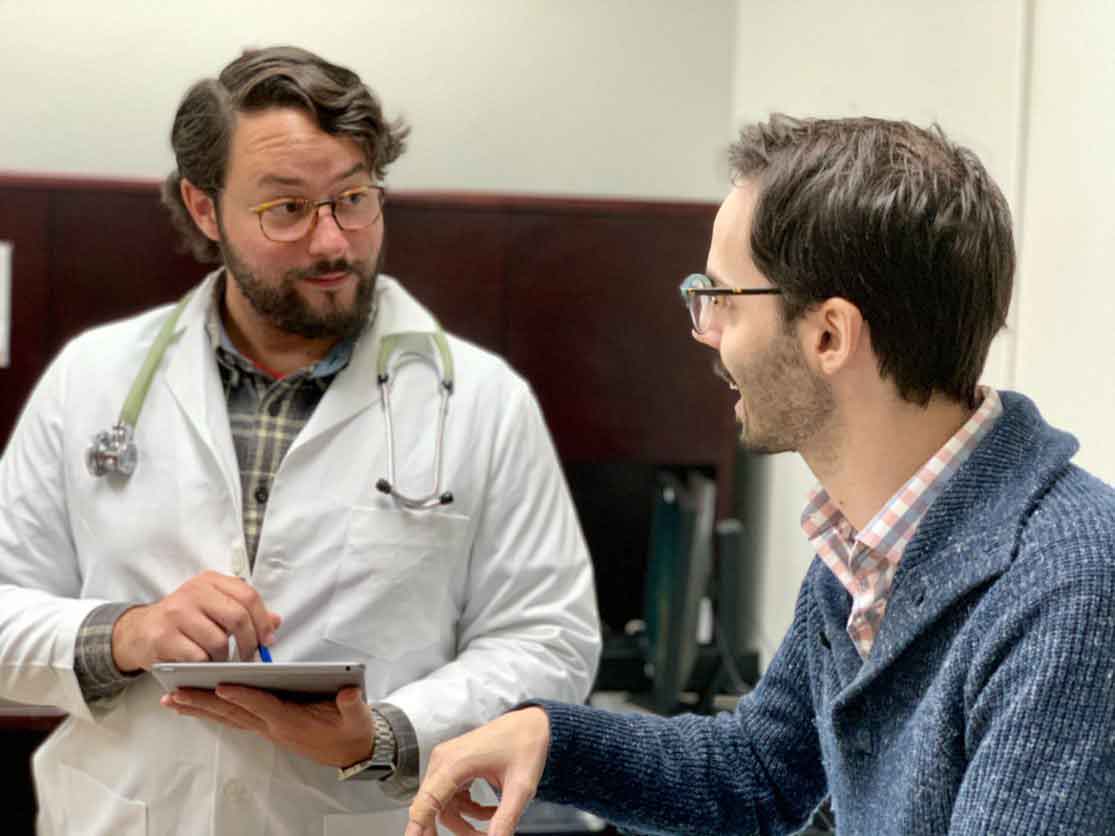
Office of Clinical and Community Health Research
Office of Clinical and Community Health Research
Through the Clinical Studies Unit we promote the participation of the UPR School of Medicine’s (UPR-SoM) faculty in clinical trials. By developing an interdisciplinary environment, including alliances with the industry and the community, we have facilitated the integration of resources and the development of strategies to increase the participation on research endeavours of volunteers, sponsors, investigators, and the research personnel.
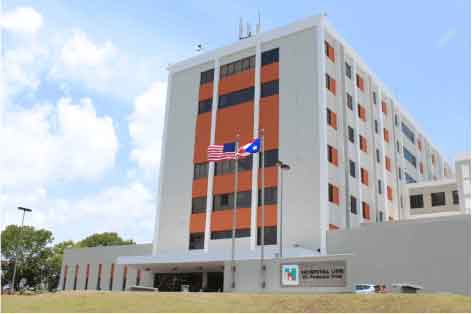
Strategically located at the University of Puerto Rico’s Dr. Federico Trilla Hospital, in Carolina. We have available facilities to conduct clinical research of high quality.
Our location at the main primary care facility of the UPR-SoM provides an opportunity for the development of research initiatives involving data from patients visiting the emergency room, hospitalized or receiving services at the outpatient clinics.
Database repository and information sharing
The creation of a repository of selected databases for health services and disparities research that can be eventually used by the scientific community is one of our objectives. It is essentially important the creation of a comprehensive directory of health-related databases available for the study of health disparities in Puerto Rico.
The Cardiovascular Surveillance Study is one of the EHSRC’s study projects, with data available for researchers who are interested in working with cardiovascular data in Puerto Rico. The Cardiovascular Surveillance Study was established to improve the existing infrastructure for the study of health disparities associated with cardiovascular conditions in Puerto Rico. The development of this comprehensive database has allowed increasing the resources available to clinicians and researchers to evaluate factors associated with favourable or unfavourable outcomes of hospitalized patients with cardiovascular diseases. This project collects epidemiological and clinical data of hospitalized patients in about 20 hospitals in Puerto Rico with cardiovascular conditions, specifically myocardial infarction, congestive heart failure, and stroke.
At this moment, the data is available for the years 2007, 2009, 2011, 2013, 2015 and 2017. We expect to continue the collection of data to at least five cohorts of patients that allow us to monitor trends during those years. In the database, we collect more than 500 indicators associated with the hospital experience of the patients, including, among other, demographic data and clinical presentations, acute management, procedures and medications, length of stay, hospital complications, and in-hospital mortality. We have more than 21,608 records that have been reviewed. This database is available for students, residents, clinicians, and researchers interested in the study of health disparities in cardiovascular conditions. For more information please contact us.
To read more about databases available for public use, please visit Resources



